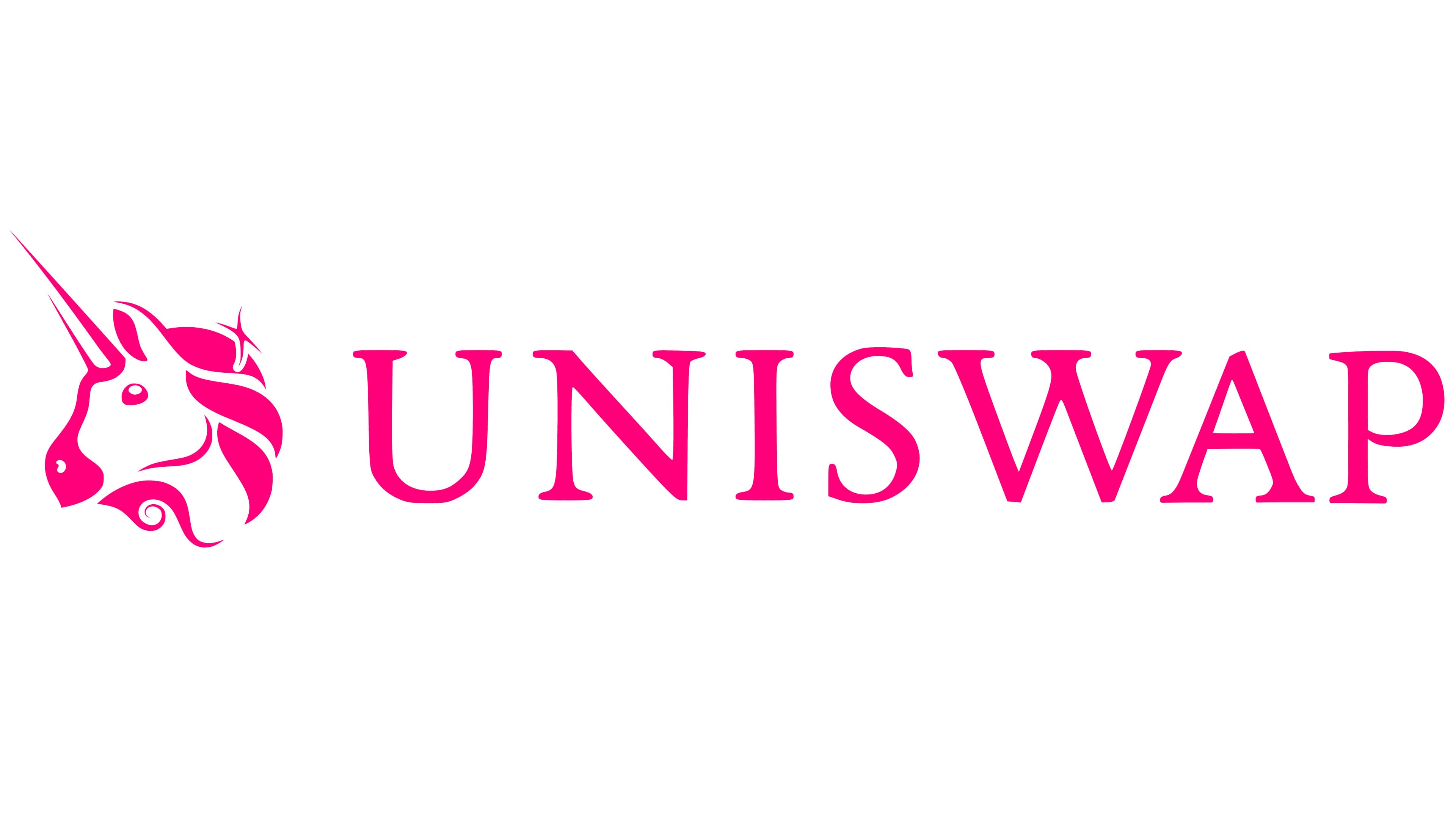Ever had that gut feeling that something just ain’t right with your crypto setup? Yeah, me too. Especially when it comes to Ethereum wallets. I mean, on the surface, they all kinda look the same—a place to stash your ETH and tokens. But dig a little deeper, and wow, the differences become pretty stark, especially if you’re into yield farming and self-custody. Seriously, this is where the rubber meets the road.
At first, I thought, “Eh, a wallet’s a wallet.” But then I started messing with decentralized exchanges (DEX) and yield farming protocols. It’s a whole different ballgame, and your choice of wallet can make or break your whole experience. So, buckle up—this is gonna get interesting.
Here’s the thing. Yield farming isn’t just about stacking tokens. It’s about trust, control, and yes, security. Your private keys are the real MVPs here. Lose those, and you might as well kiss your gains goodbye. But managing private keys? Man, that can be a nightmare if you don’t pick the right wallet.
Okay, so check this out—there’s this wallet I stumbled upon recently that really got me thinking differently: it’s designed specifically for Uniswap users and DeFi traders who want to keep their keys close but still have easy access to yield farming opportunities. You can find it here: https://sites.google.com/cryptowalletuk.com/uniswap-wallet/. It’s not flashy, but it nails the balance between user control and convenience.
Now, I know what you’re thinking: “Another wallet? Really?” Yeah, I get it. The market’s flooded with options. But what bugs me is how many wallets promise security but end up either too complex or don’t integrate well with DEXs like Uniswap where most yield farming happens. And honestly, juggling multiple apps or browser extensions gets annoying real quick.
Why Private Keys Should Keep You Up at Night
Private keys are the secret sauce. They’re the digital equivalent of your house keys. Lose ’em, and you’re locked out forever. But here’s the kicker—most people don’t actually understand how to manage them safely. Some store them in plain text files, others rely on custodial wallets that technically own your assets. Hmm… not ideal.
Initially, I thought hardware wallets were the ultimate solution. And don’t get me wrong—they’re great for cold storage. But for active yield farming, where you need to interact frequently with smart contracts, popping your hardware wallet in and out is a pain. Plus, gas fees and transaction timings add another layer of headache.
So, what’s the sweet spot? A wallet that’s self-custodial, integrates seamlessly with popular DEXs like Uniswap, and doesn’t force you to be a cryptography PhD. That’s why seeing a wallet like the one at https://sites.google.com/cryptowalletuk.com/uniswap-wallet/ was refreshing. It felt like a tool built by folks who actually get the grind.
On one hand, you want simplicity. Though actually, you can’t sacrifice security for ease; that’s a recipe for disaster. The wallet’s approach to private key management—keeping it local, encrypted, and easily exportable—strikes me as a very practical compromise.
Whoa! Speaking of yield farming itself, it’s a rollercoaster. The returns can look like a dream, but the risks? Not so much. Smart contract bugs, impermanent loss, sudden liquidity drains—it’s a wild west. That’s why your wallet’s interaction with these protocols matters a lot. If it’s buggy or slow, you might miss critical windows or worse—expose your keys.

Back when I first dipped my toes into DeFi, I used one of those all-in-one wallets with built-in swaps and farming tabs. It was cool but buggy. Transactions failed or got stuck. Gas estimations were way off. My instinct said, “There’s gotta be a better way.” That’s when I started experimenting with wallets focused on Uniswap integration, which is the go-to DEX for most farmers.
How Wallet Design Affects Your Yield Farming Game
Think of your wallet like your car. Would you trust a clunky ride to win a race? Probably not. Same goes for yield farming. The wallet needs to be responsive, fast, and secure. But many times, wallets are designed more for holding tokens than for active trading or farming. That mismatch can cost you plenty in slippage or missed opportunities.
Here’s a quick tangent: gas fees. They’re the bane of every Ethereum user’s existence, right? Some wallets try to mask these fees or bundle transactions, but if you’re farming, you want transparency. Knowing exactly how much each step costs lets you decide whether to pull out or double down. The wallet I mentioned earlier actually does a decent job at this, showing estimated fees clearly.
Now, I’m biased, but I like wallets that don’t overcomplicate things with flashy UI gimmicks. Yield farming is complex enough. A clean interface that lets you connect easily to Uniswap and handle your private keys yourself? That’s gold. Plus, it helps prevent phishing attacks, which, sadly, are all too common.
Something felt off about some popular wallets that rely heavily on cloud backups or third-party key management. It’s like handing your keys to a stranger and hoping they don’t lose them. No thanks.
Seriously, if you want to dive deeper into a wallet that balances these needs, take a look here: https://sites.google.com/cryptowalletuk.com/uniswap-wallet/. It’s not perfect, but it’s a step in the right direction for DeFi users who want self-sovereignty without the headache.
Final Thoughts: The Wallet Is More Than Just a Tool
So, wrapping this up (well, kinda), your Ethereum wallet is more than a digital piggy bank. It’s your gateway to the DeFi universe, your yield farming HQ, and your private key’s guardian. Choosing the right one means balancing security, usability, and integration with the platforms you rely on.
Honestly, I’m still figuring out my perfect setup. There’s no one-size-fits-all. But what I do know is that wallets that treat private keys with respect—and give you intuitive access to Uniswap’s liquidity pools—are worth serious consideration.
Oh, and by the way, if you’re serious about yield farming and want a wallet that doesn’t feel like a chore, check out https://sites.google.com/cryptowalletuk.com/uniswap-wallet/. It might just save you some headaches down the road.
Alright, I’m off to tweak my staking positions again. Gotta keep an eye on those APYs while keeping my keys safe. Catch you later!
